What is the current stage of the new plant’s construction? How will the new facility be different from the Togliatti site?
The project is in its implementation stage, with designing and equipment procurement largely over. Construction and assembly work is actively underway. There are no major differences between the two plants, but in the initial design stage our team, which has an extensive experience with the Togliatti site, helped introduce a number of improvements to reduce capital spending and make sure the plant is fully operational in a hot climate. The average yearly temperature in Jamnagar is around 25⁰С, and given the process’s sensitivity to elevated temperatures, we needed to pay a lot of attention to insulation materials and also to install temperature control for the key elements and communications.
Russian safety requirements are much stricter than those abroad. Often they are designed to ensure that processes and equipment are backed up. Given global requirements, however, there are no plans to have backup equipment, for example, in refrigeration and hydrocarbon compression. The compression unit will have three centrifugal compressors, while the butyl rubber process in Togliatti has as many as 11 of them. However, both our and Indian sites are extremely reliable.
The end butyl rubber will be separated at state-of-the-art equipment by Welding, which our Togliatti employees are experienced in using. All the key equipment and pumps arriving at the construction site meet stringent requirements of global standards.
Jamnagar. The world's biggest oil refinery, belonging to Reliance Industries.
What raw materials will the Indian site be using?
Providing raw materials is one of the key issues for the new plant, mostly because no impurities are allowed that can negatively impact the polymerisation process. To this end, we have tested all raw materials samples in our SIBUR Togliatti lab before approving them.
The JV is considering various suppliers of raw materials. Isobutylene as the key monomer used in the process will be made directly on Reliance’s site using a modern technology by CDTECH. Isopentane (the solvent) is made by Reliance. Supplies of isoprene, another monomer required for the process, are expected to come from Togliatti or China and Japan. We are considering the possibility of having chloroethane, also an important component of the polymerisation mix, to be delivered from either Germany or India. Potential suppliers are also Sweden and Belarus.
Do employees of SIBUR Togliatti have a lot of business trips to India? What are their roles on the Indian site?
In 2016, our employees visited India to assess the progress to date and discuss preparations for the start-up and commissioning. Also, ten employees who will be transferred to Reliance Sibur Elastomers Prt. Ltd., our JV, visited Jamnagar last September to see the working and living conditions and also discuss some matters related to the site’s commissioning.
2017 will see a lot of trips for the Indian Butyl Rubber (BR) team: there are plans for a theory drill for the operating personnel in Jamnagar, involvement in surveillance over the installation of critical equipment for butyl rubber production, taking part in assessing and receiving production automation and control systems from the supplier, and a number of meetings to develop requirements for the future laboratory.
Will your employees have pretty much the same functions in India that they do at SIBUR Togliatti?
All the successful candidates have many years of experience in our butyl rubber production, and their operating tasks in India will be hardly different from those they have in Togliatti. However, their jobs will now involve a mentorship component.
All raw materials samples were tested in SIBUR's Togliatti lab before approving them.
In addition, SIBUR has quite a lot of requirements that the JV’s future employees must meet, including good level of English as one of the key criteria. The success of any employee in Jamnagar will depend not only on the knowledge of the process technology for butyl rubber but also on the ability to share it with the Indian counterparts from the operating team.
What are the health and safety standards like in India?
Reliance's health and safety standards are really high. Our visits to RIL's production facilities in Jamnagar completely convinced us of that. All our employees migrating to RSPEL will have to do a number of health and safety trainings mandatory for employees of the Jamnagar site.
Working in a foreign country means you have to deal with a different outlook and lifestyle. How far is the Indian BR team willing to go in terms of immersion in the culture of this nation?
Deep immersion in the culture of India is inevitable. Many of the team members who are involved in the project implementation are already living and working in Jamnagar and Mumbai. Indians are very sociable and eager to tell you about local holidays, customs and traditions. Cultural immersion is key to successful communication. It is easier for people to get along if they speak the same language, but since we all use English as a lingua franca, it would be helpful to find more areas of common interest, try to look at things from a different perspective and take account of the local way of thinking.
What are the team's living standards in India?
There is a modern hotel complex in place that is going to accommodate expats in close proximity to the production site. On top of that, Reliance has built a low-rise residential compound named Reliance Greens, which will offer everything the site's employees and their families need for comfortable living, including shops, gym, swimming pool, school, healthcare centre and parks with flowers and peacocks. Reliance also pays attention to the employees' leisure time activities staging festivals, joint yoga classes, picnics and musical soirées.
Indians always welcome the Russian delegations with open arms, which is probably not only due to the traditional Indian hospitality, but also to the project being one of the focuses in the two nations' intergovernmental dialogue. In addition, throughout the implementation phase the project has been drawing SIBUR's and Reliance's employees increasingly closer together turning them into a single big team.
Indians are very sociable and eager to tell you about local holidays, customs and traditions.
First of its kind in South Asia
In January, the heart of India’s automotive industry – the city of Chennai – hosted the 9th International India Rubber Expo. SIBUR and Reliance Industries were there to present their joint project set to build a butyl rubber plant in Jamnagar, the first of its kind in South Asia. Depending on the market conditions, part of the facility’s capacity may also be used to produce halogenated butyl rubber that is in demand among tyre manufacturers and pharmaceutical companies.
SIBUR also brought a wide array of its tyre and specialty rubbers to India Rubber Expo, which included SSBR, Nd-BR and NBR. The economy of India is showing robust growth, with the country’s GDP projected to increase 7–8% annually over the next five years. This uptrend also covers the ever-increasing demand for cars and tyres, which makes India one of the world’s most promising synthetic rubber markets.
Download PDF

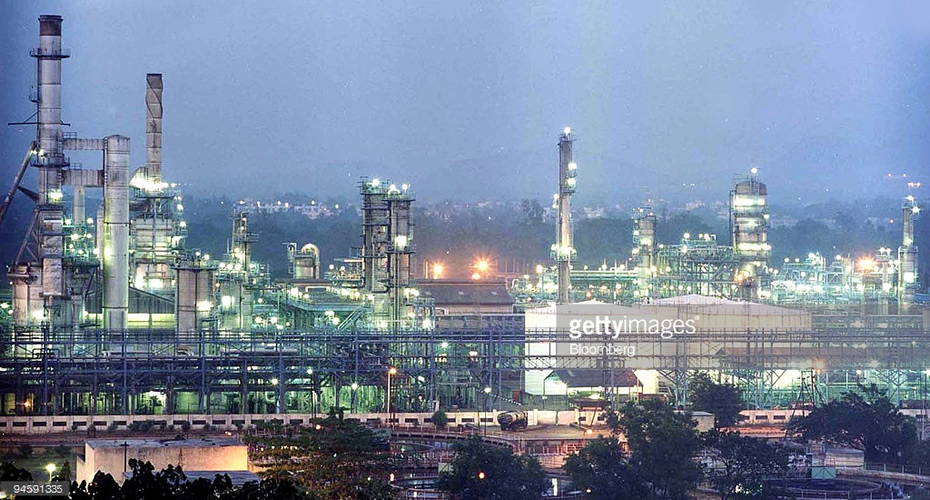
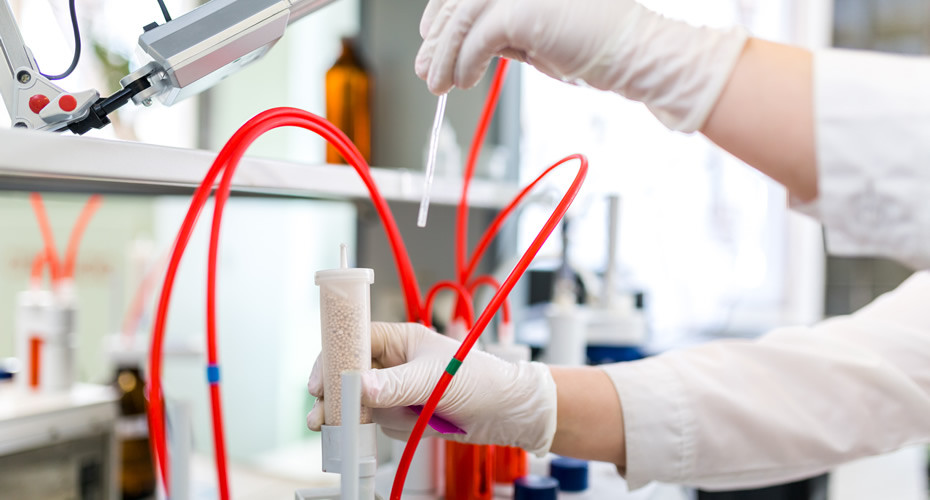


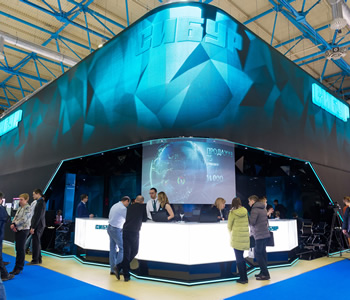

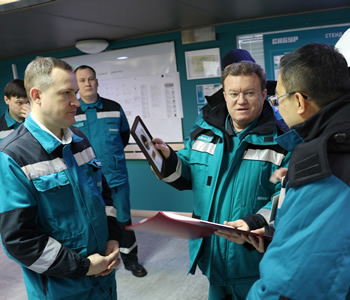
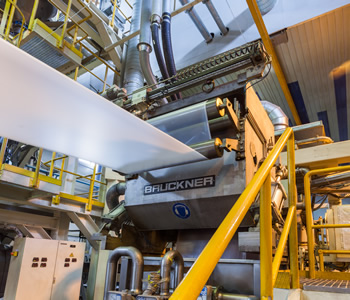
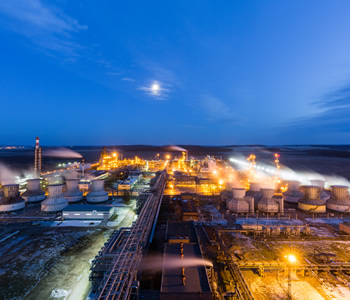
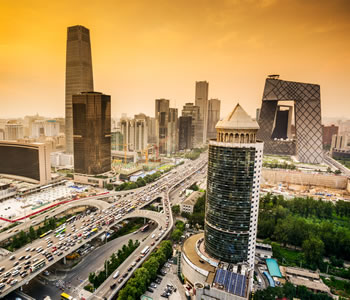
Dmitry Konov, Chairman of SIBUR’s Management Board
India offers attractive investment opportunities given the growing local demand for synthetic rubbers and Gujarat’s favourable investment environment coupled with the well-developed infrastructure and raw material availability at a world-class Industrial site owned by RIL. SIBUR has a long track record of successful cooperation with RIL and Gujarat’s government, which has provided us with a solid basis for expanding our footprint in India.